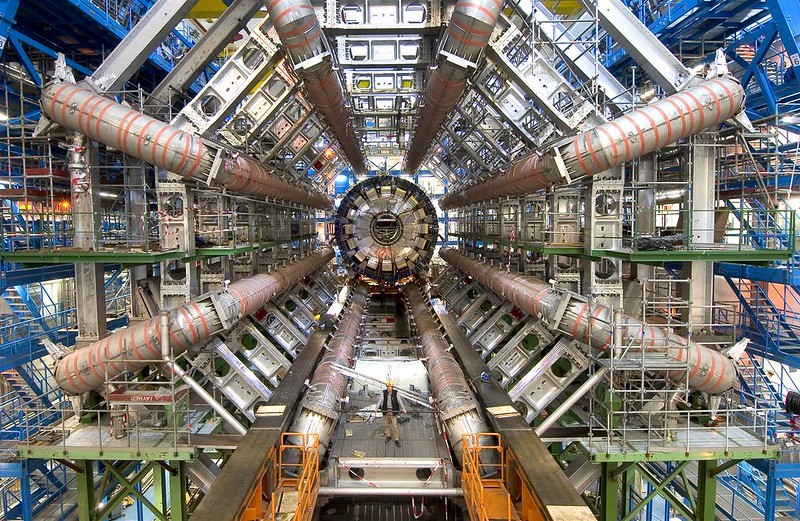The university’s ATLAS group will focus on computation and data analysis, which are critical for extracting meaningful results from the big data accumulated by the ATLAS experiment
Abu Dhabi, Feb 20, 2025: Khalifa University of Science and Technology has announced its official membership in the ATLAS collaboration at the Large Hadron Collider (LHC) at the European Organisation for Nuclear Research (CERN), the world’s largest particle physics laboratory located in Geneva, Switzerland.
Khalifa University has also joined the ATLAS experiment and the UAE-ATLAS Cluster, which includes three other universities. This will facilitate exchange programmes for students of Khalifa University College of Engineering and Physical Sciences, and contribute to impactful scientific publications. The Khalifa University research plans are focused on physics beyond the Standard Model, Physics Modelling, Jet Physics and Physics-Computing multidisciplinary research topics.
Khalifa University’s membership was announced during the 109th ATLAS Collaboration Board meeting, which includes 182 international academic institutions from 42 countries. The ATLAS experiment is among the four main experiments at the LHC. It is a collaboration of physicists, engineers, technicians and students from around the world.
Prof. Bayan Sharif, Provost, Khalifa University, says, “Joining the ATLAS Collaboration, part of Geneva-based CERN, aligns with our strategic vision to advance scientific research and innovation. Through this, Khalifa University will contribute to groundbreaking discoveries in particle physics, while strengthening partnerships among local and international institutions and developing capacities locally.”
The Khalifa University ATLAS group is formed and led by Dr. Rachik Soualah, Assistant Professor, who served as the inaugural leader of the UAE-ATLAS cluster for three years and played a pivotal role in bringing the high-energy physics ATLAS collaboration and its opportunities to the region for the first time. The Khalifa University-ATLAS group includes Dr. Issam Qattan, Associate Professor, whose expertise covers nuclear and particle physics, as well as three PhD students, a postdoc and a computer engineer.
The group will focus on the computational and data analysis aspects, which are critical for extracting meaningful results from the big data accumulated by the ATLAS experiment.








